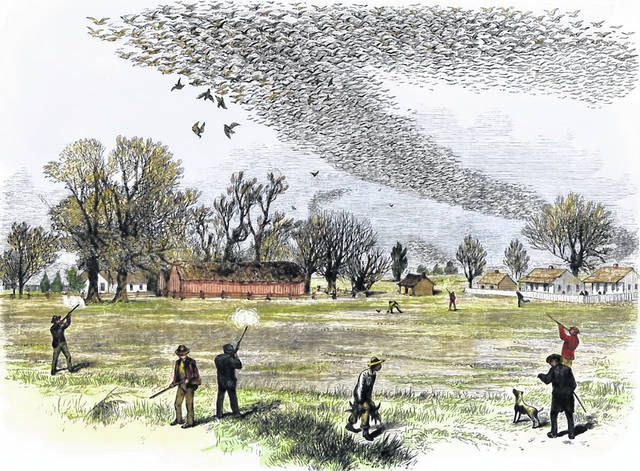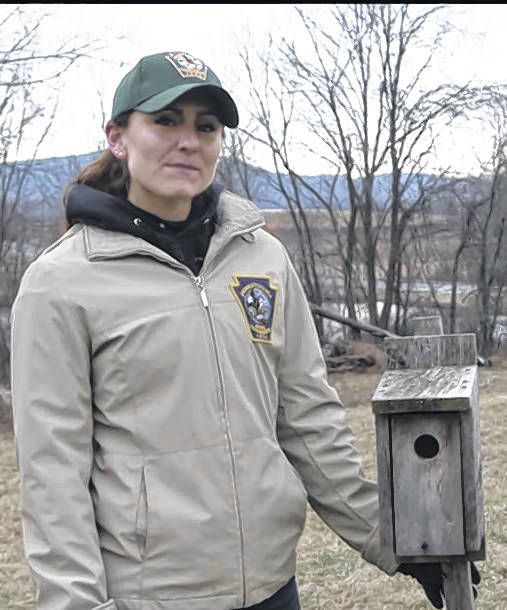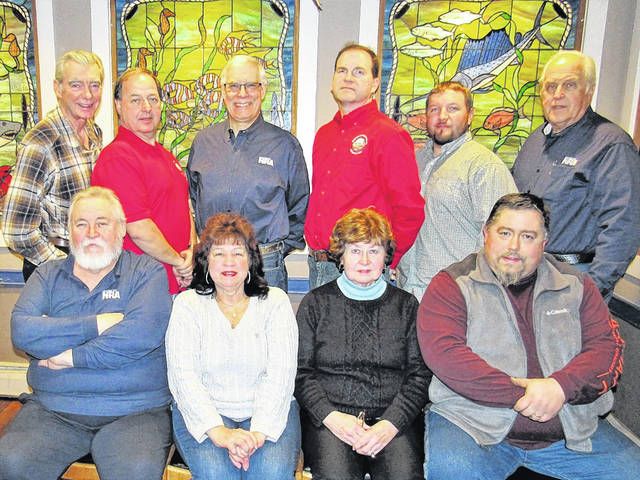Click here to subscribe today or Login.
Not everybody agrees with the Pennsylvania Game Commission’s recent decision to close the late grouse season.
But I do.
What I don’t agree with, at least not entirely, is just how much of a fix improving habitat will be toward reversing declining grouse numbers.
At last Monday’s PGC board meeting, the measure to eliminate the post-Christmas segment of the ruffed grouse season was approved. They did it to improve adult survival.
Survival from what, exactly?
West Nile virus.
The impact of the virus on grouse is simple.
The virus is transmitted to grouse through infected mosquitoes – much like it is to other birds and even people. Many of the infected grouse die, and the population drops.
Thanks to a study conducted by PGC biologist Lisa Williams, the type of study that we risk losing as the agency cuts costs while waiting for a license fee increase, we now have a better idea of the true impact the virus has on grouse.
Heck, thanks to the study we now have a cause behind the drop in grouse numbers.
So how will closing the late grouse season help?
Some of those grouse that survive late into the winter also survived the West Nile virus. Those are the birds that we need to reproduce again in the spring.
We don’t need them in a game bag. At least not right now.
There’s a consensus among biologists and the PGC board that improving grouse habitat is also a key to helping populations get through West Nile virus. Anyone who has ever hunted grouse knows they are very habitat-specific. They need young forest, successional growth.
Show me a stand of aspen saplings, and I could guarantee a flush or two.
But that was before West Nile virus.
Research shows that grouse populations in areas with high-quality habitat have a stronger survival and recovery rate from the virus. Williams has even said that creating top-notch grouse habitat is the best thing we can do right now to protect our state bird.
The Game Commission is intent on doing just that, with plans to timber an addition 6,000 to 8,000 acres of state game lands to create better grouse habitat.
I’m all for it. After all, creating more high-quality habitat isn’t going to hurt the grouse population.
But when it comes to the West Nile virus, I’m cautiously optimistic that better habitat will save our grouse.
Improving habitat is usually the solution to helping a particular wildlife species increase, but can it also combat the impact of a virus transmitted by mosquitoes?
Sure, grouse numbers could rebound and thrive where the habitat exists. But that’s not going to stop them from being bitten by mosquitoes carrying the West Nile virus. No matter how good the habitat is, grouse will still remain vulnerable to the threat of West Nile.
And even though the ruffed grouse is our state bird, will everyone get behind the plan to cut more timber and clear more forest? Is it fair to expect turkey hunters to accept plans to replace turkey habitat – open hardwoods, with thick, re-growth for grouse?
Will birdwatchers hoping to see a warbler, for example, be upset if the unbroken expanses of mature forests required by many warbler species is fragmented by timber cuts? Should we even do that, considering some species, such as the blackpoll warbler, are rare?
It’s clear that something needs to be done to aid grouse and improving habitat seems to be a key. I just don’t know if habitat improvement alone be enough to save our grouse from virus-transmitting mosquitoes.
It’s clear that our state bird needs help and if it takes habitat work to do that, it’s something all of us will have to accept. But when it comes to habitat work, it’s too bad the best solution to the West Nile virus problem is something that isn’t feasible: eliminating mosquito habitat.
For other sports stories, click here.








